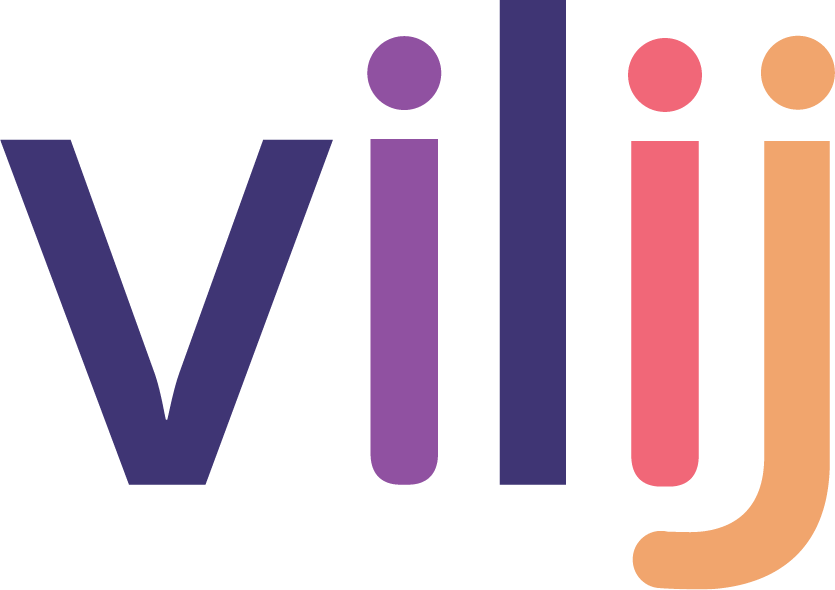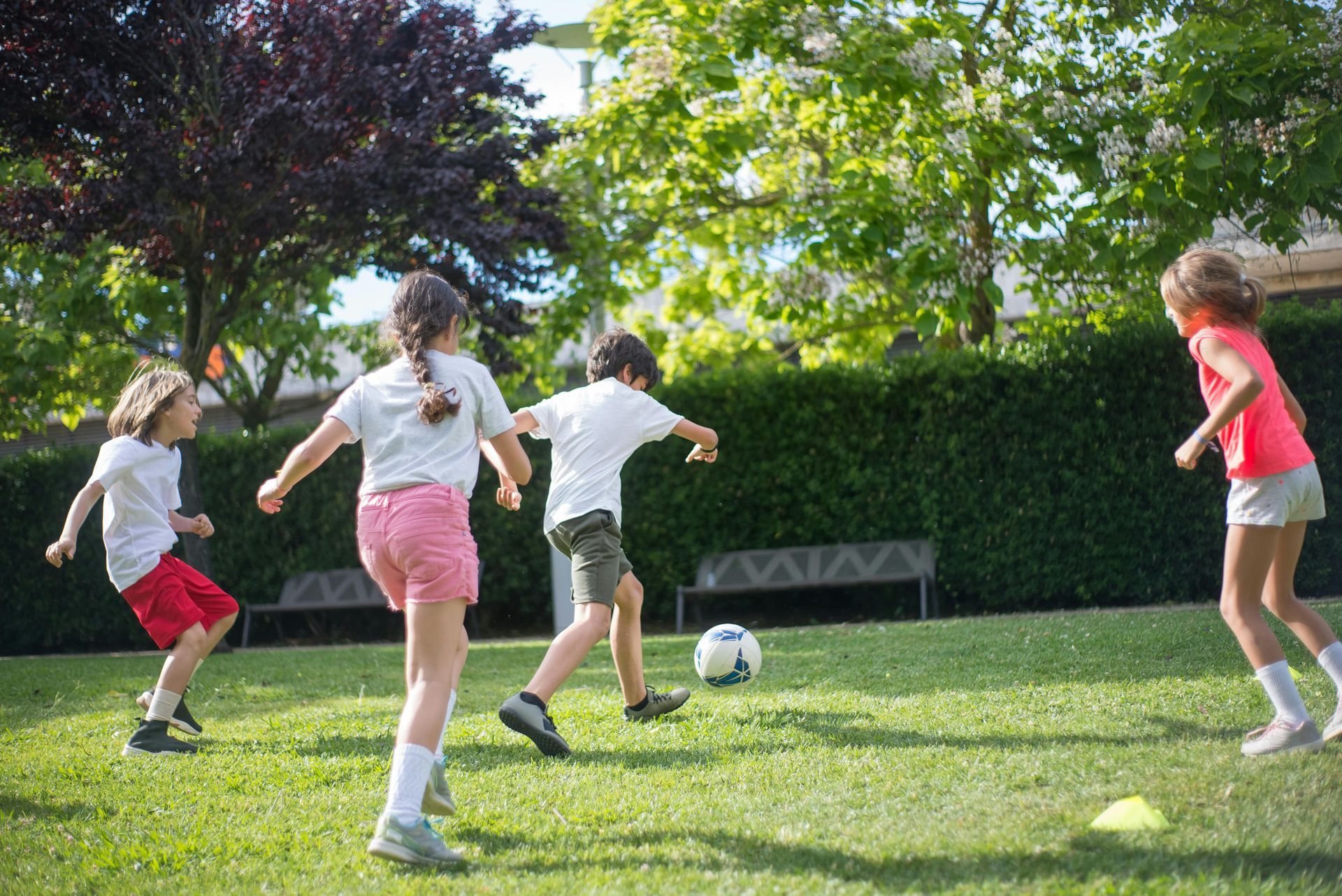Making the Most of Summer | Strategies & Resources to Promote Growth During Summer Break
Summer provides a unique opportunity for children receiving ABA services to generalize skills, build independence, and continue progressing in a less structured environment. While it’s a time of rest for many, it can also be a season of meaningful growth. With thoughtful planning and support from your child’s care team, summer can become a powerful extension of their therapeutic journey.
Here’s how your care team and families can work together to make the most of the summer months!
🧭 Maintain a Structured Routine with ABA-Inspired Design
Children with autism often thrive in environments that are predictable. Creating a consistent routine helps maintain learned behaviors and reduces the likelihood of regression. As BCBAs, we recommend using tools like visual schedules, first-then boards, and token economies to provide structure.
Key domains to focus on:
- Sleep & Transitions: Reinforce consistent wake/sleep cycles using reinforcement schedules and calming bedtime routines. Consider functional communication training (FCT) for children who struggle with transitions or night routines.
- Mealtimes: Make meals part of learning. Use mand training to encourage communication during snack prep, or teach requesting and waiting using task analysis.
- Learning Blocks: Use discrete trial training (DTT) or natural environment teaching (NET) during scheduled academic time. You can incorporate maintenance probes or reinforce skills like fine motor imitation through craft activities.
- Reinforcement Breaks: Include movement or sensory play as planned reinforcers. Pairing physical activity with preferred items can build motivation and increase engagement.
📘 Visual Schedules Resource – Autism Little Learners
📚 Turn Everyday Moments Into Learning Opportunities
Summer doesn’t have to mean stopping therapy—it can mean shifting the environment in which learning occurs. Whether it’s at home, in the community, or at camp, opportunities for skill development are everywhere.
ABA-based learning activities:
- Reading Time: Incorporate reading into reinforcement schedules. Use books as part of PECS, intraverbals, or listener responding tasks.
- Apps and Games: Reinforce academic or behavioral goals using evidence-based apps from Autism Connect: "Apps for Autism".
- Life Skills through Chaining: Use forward or backward chaining to teach dressing, toothbrushing, or preparing a snack. These are great to generalize skills taught during the school year.
- Community-Based Instruction: Turn grocery store visits into natural environment teaching by practicing tacting items or making simple purchases.
🤝 Build Social Skills Through NET and Peer Modeling
Summer is ideal for generalizing social targets. Without the structure of school, social interactions can become more relaxed—and more teachable.
ABA-informed ideas:
- Facilitated Playdates: Work on manding for items or peers, sharing, and waiting. Use data sheets to track social interactions and prompt levels.
- Role Play with Reinforcement: Practice hypothetical situations like greeting neighbors or asking for help. Reinforce appropriate responses immediately.
- Special recreation organizations: Special recreation organizations in the Chicago metro area offer tailored programs that provide excellent opportunities for children with autism to practice and generalize social skills in supportive environments. Engaging with these organizations can help children work on skills such as initiating interactions, turn-taking, and responding to social cues.
- Here are some notable organizations:
- Chicago Park District Special Recreation Programs: Offers a diverse range of recreational opportunities, including adaptive sports and leisure programs for individuals with disabilities.
- Northern Suburban Special Recreation Association (NSSRA): Provides year-round programs and services for children, teens, and adults with disabilities in the northern suburbs.
- Northwest Special Recreation Association (NWSRA): Offers recreational opportunities for children and adults with disabilities in cooperation with 17 member park districts in the northwest suburbs. Move United+8SLSF+8NSSRA+8
- West Suburban Special Recreation Association (WSSRA): Provides quality recreation services for children and adults with disabilities in the western suburbs.
- South East Association for Special Parks And Recreation (SEASPAR): Offers programs and services for people with disabilities in the southeast Chicago suburbs.
- Northern Illinois Special Recreation Association (NISRA): Provides year-round recreation activities for people with disabilities in northern Illinois.
- Western DuPage Special Recreation Association (WDSRA): Offers recreational and social programs, trips, and special events for individuals with special needs in the western suburbs.
- Community Events: Incorporate social skills programming during local outings using task analyses. Target behaviors like initiating, responding, or even tolerating noise with desensitization plans. Our curated Facebook group has up-to-date activities in the Chicagoland Metro Area.
💡 Tip: Use a token system to reinforce engaging in or tolerating new social experiences. Many examples of token boards can be found here. If you have the time, we recommend creating a token board that focuses on your little ones favorite themes. For example, if your little one likes the Lion King, a Lion King token board may be more meaningful!
💬 Support Communication Development
Summer is a great time to generalize communication skills outside of therapy sessions. Whether your child uses vocal speech or AAC, you can create opportunities across settings.
ABA techniques to use:
- PECS or AAC Devices: Model and prompt use of devices or pictures in natural environments like the pool, zoo, or park.
- Mand Training at Home: Use motivating operations (MOs) to increase spontaneous requesting during daily routines.
- Social Scripts: Prepare scripts for common scenarios—ordering at a restaurant, asking to play, etc.—then roleplay them before outings.
👨👩👧 Collaborate with Your ABA Team
ABA isn’t a service that begins and ends in a clinic—it should follow the child into the real world. Your BCBA and RBTs can help design a summer plan that promotes generalization and meets your family’s goals.
Ideas to discuss:
- Prioritize maintenance goals and identify new targets suitable for summer.
- Set up parent training on implementing ABA strategies at home or in the community.
- Establish data collection systems that are manageable and meaningful.
☀️ Pro tip: Ask your BCBA about embedding behavioral goals into camp experiences or creating behavior skills training (BST) modules for caregivers or extended family.
Final Thoughts
Summer can be so much more than just a break. With the guidance of your ABA team, the season can be transformed into a dynamic time of progress, connection, and meaningful learning. By integrating structure, reinforcement, social skill development, and communication supports into your child’s summer routine, you’re not just filling time—you’re building lifelong skills.










